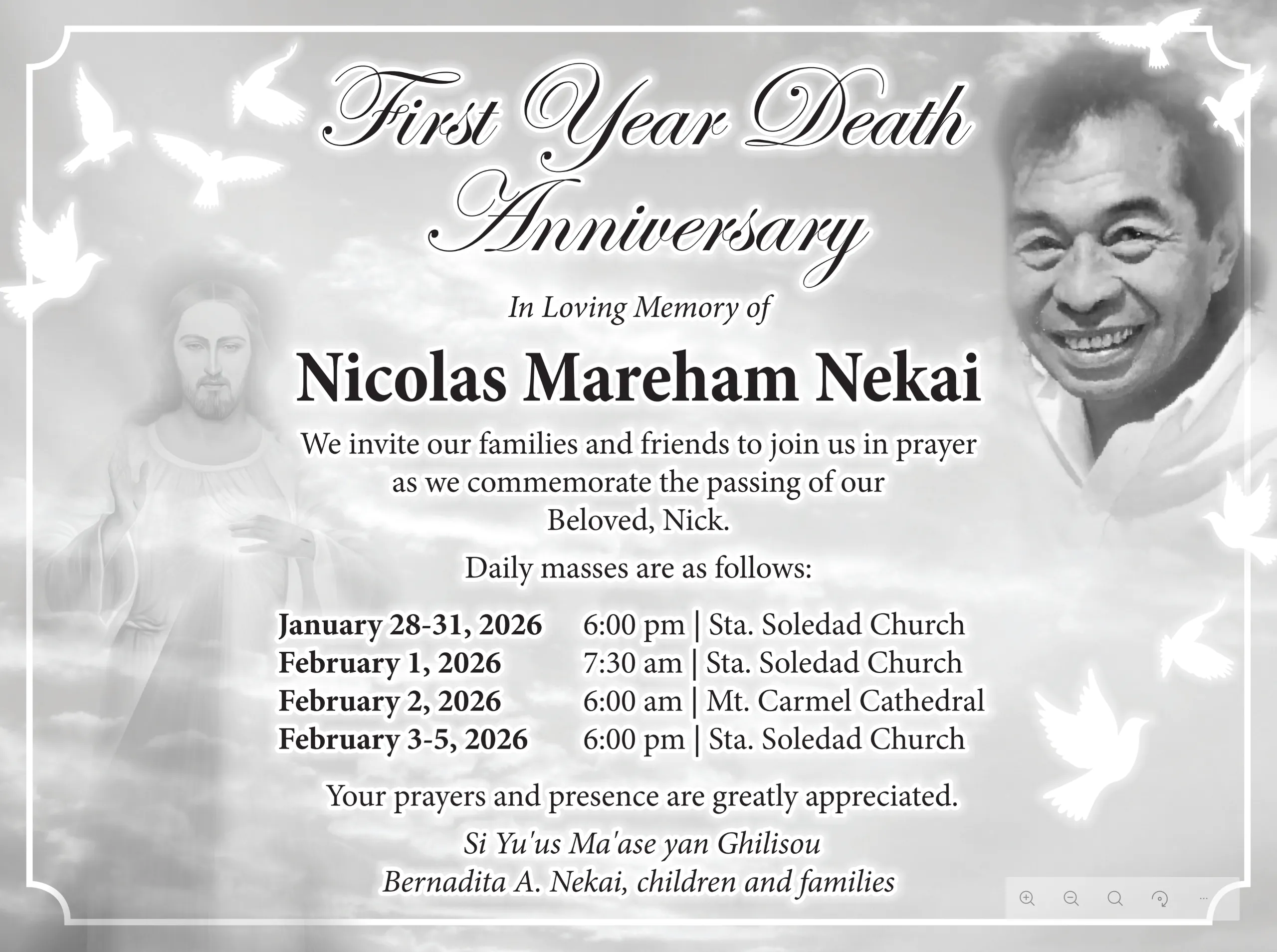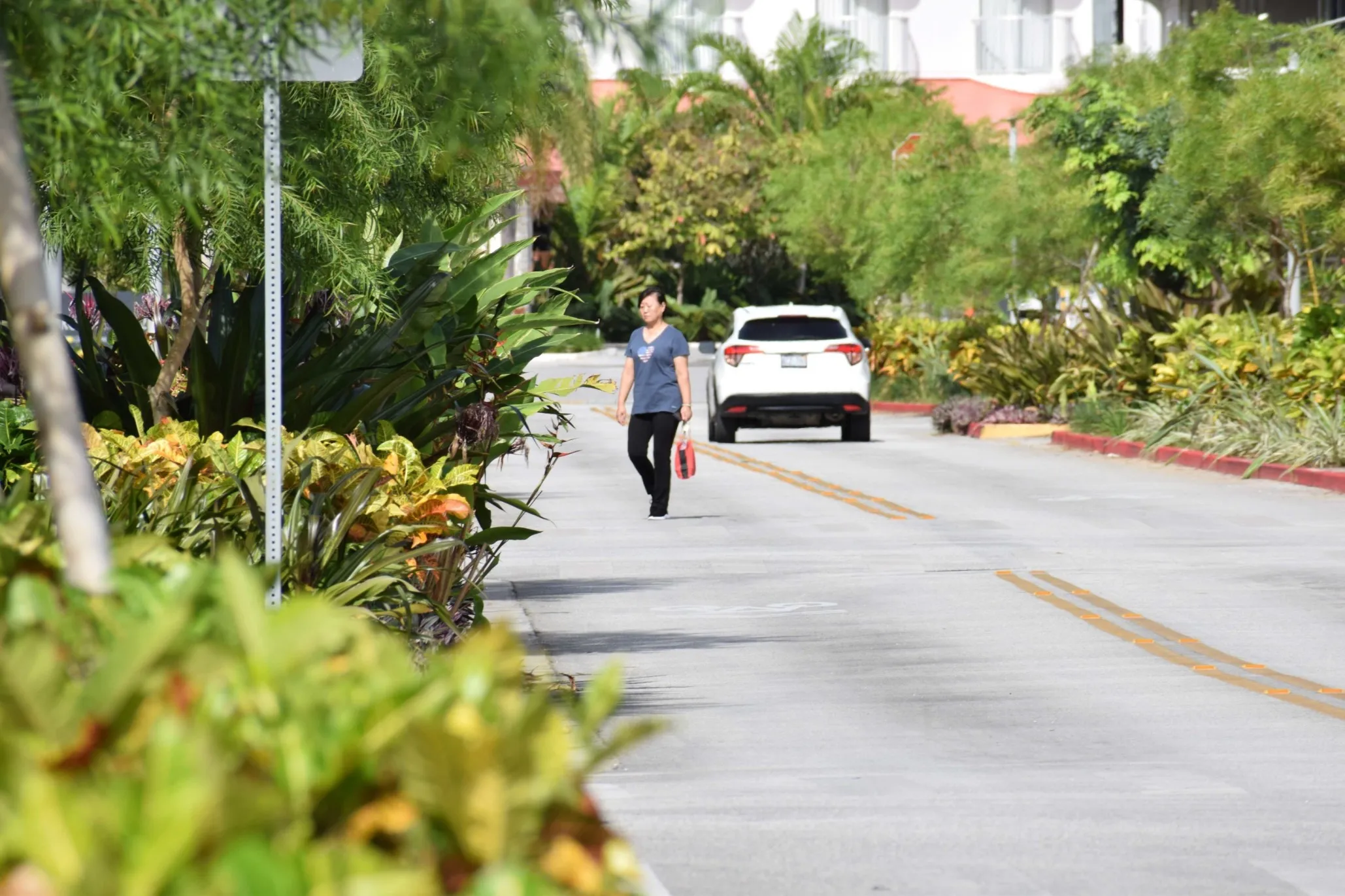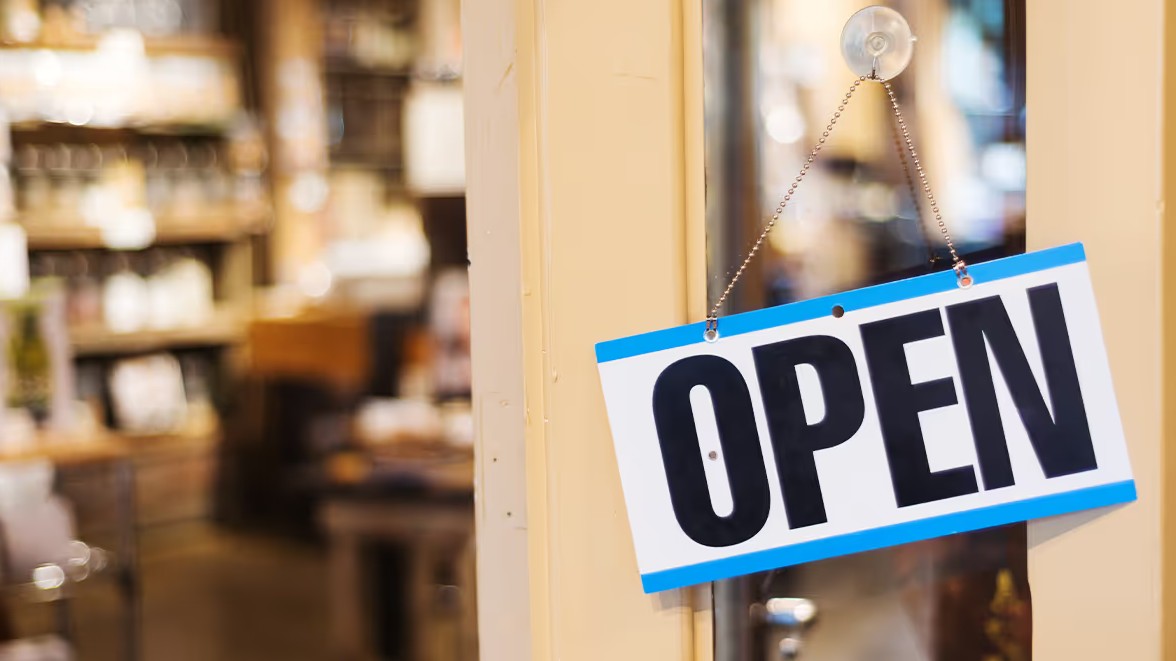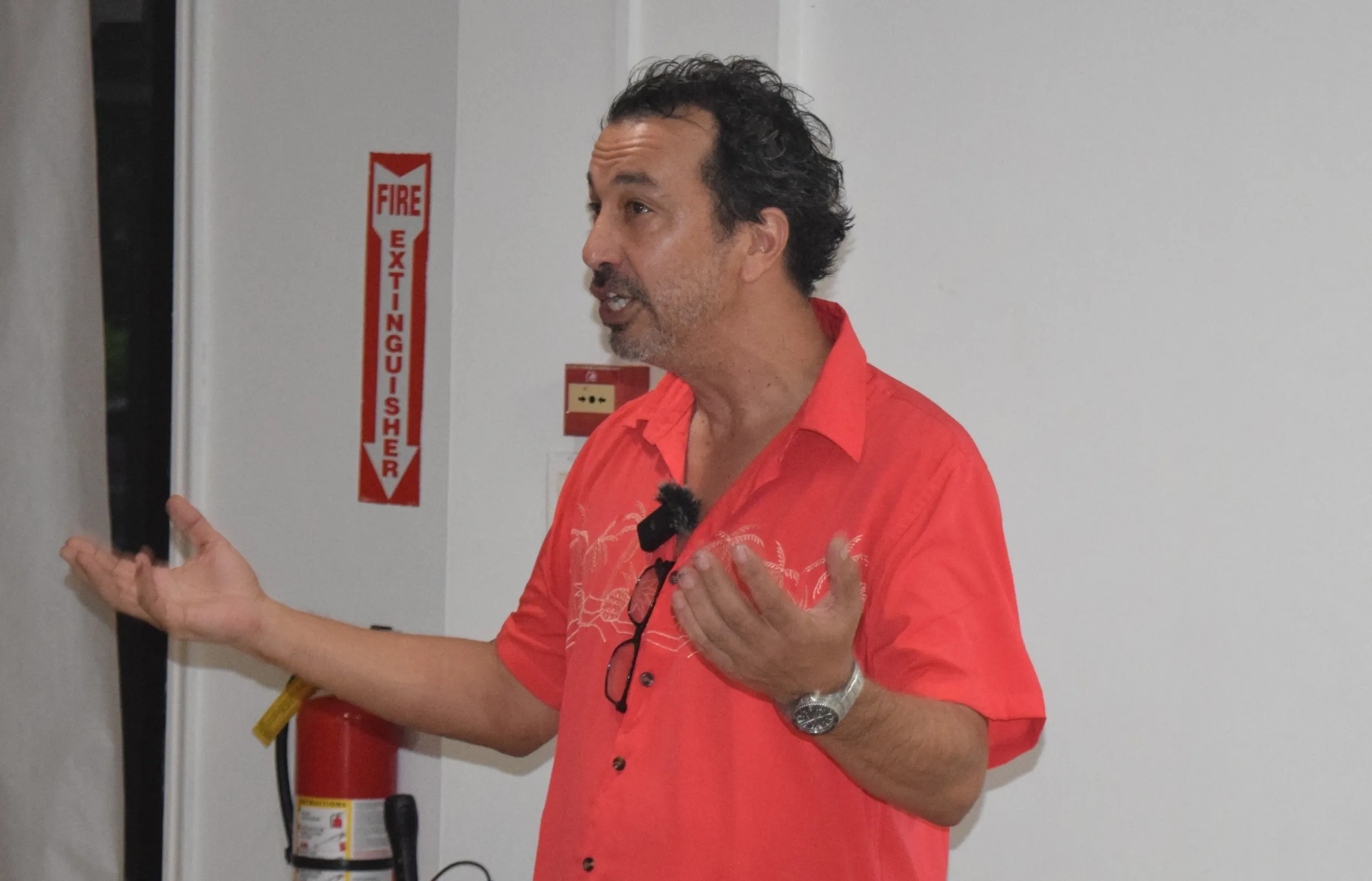Here we go again
THE proposed tobacco (and sweetened beverages) tax hike is unlikely to raise additional revenue or improve public health. Moreover, the unintended consequences could create other if not bigger problems.
Smokers, for example, could switch to cheaper brands. Smuggling and a thriving black market for street cigarettes are the other likely results of a tobacco tax hike. Even those who believe that a tobacco tax is “an important element of any tobacco control program” have admitted that it is not the “most effective” policy intervention. What works better? According to experts: smokefree workplaces; strong graphic warning labels; strong media campaigns; an R rating for smoking in the movies.
Sen. Karl King-Nabors is right. The tobacco tax bill would be an additional burden on low-income people amid economic uncertainty. According to the Foundation for Economic Education, research shows that low-income people spend a higher percentage of their income on cigarettes. CDC stated that “people living below the poverty level and people having lower levels of educational attainment have higher rates of cigarette smoking than the general population.”
Senator King-Nabors asked, “What about betel nut?” Betel nut chewing can cause cancer. And many chewers like to combine betel nut with tobacco (in addition to betel leaf and mineral lime). Do they know that the Legislature is considering a measure to make their addictive habit more expensive?
As for the sweetened beverage tax, Seattle implemented it in 2018 to “improve the health” of city residents. The result? The Foundation for Economic Education said consumers purchased less soda — and bought more beer instead. Alcohol consumption, to be sure, “carries a wide range of negative health consequences. And calorie-rich beer can actually contribute to obesity, the very problem this tax was supposed to address.”
Just say no to a tobacco/sweetened beverages tax hike.
The whole shebang
SOME of the “sin” tax proponents say the proposal was one of the recommendations of the CNMI Fiscal Response Summit which was held virtually in April 2020. At the time, the local tourism industry had to be shut down because of the global pandemic, and the CNMI, which was just starting to recover from Yutu, was facing a government budget deficit of $64.8 million in fiscal year 2022 alone.
A sin tax hike was just one of the many revenue “reforms” considered by the summit. Participants also recommended a sales tax and an across-the-board tax/fee hike: BGRT, income tax, earnings tax, gaming tax, luxury tax, excise tax, licensure fees, court fees, building code fees, etc. (Remittance taxes were also “discussed…at some length.” But it was “determined that they are generally unfair and difficult to enforce.”)
In addition, there were also numerous specific suggestions that would reduce the size and cost of government.
And yet of all those proposals, some lawmakers chose to endorse what could be the most insignificant and the most ineffectual of them all: the tobacco and sweetened beverages tax hike.
“Courage of their convictions” indeed.










